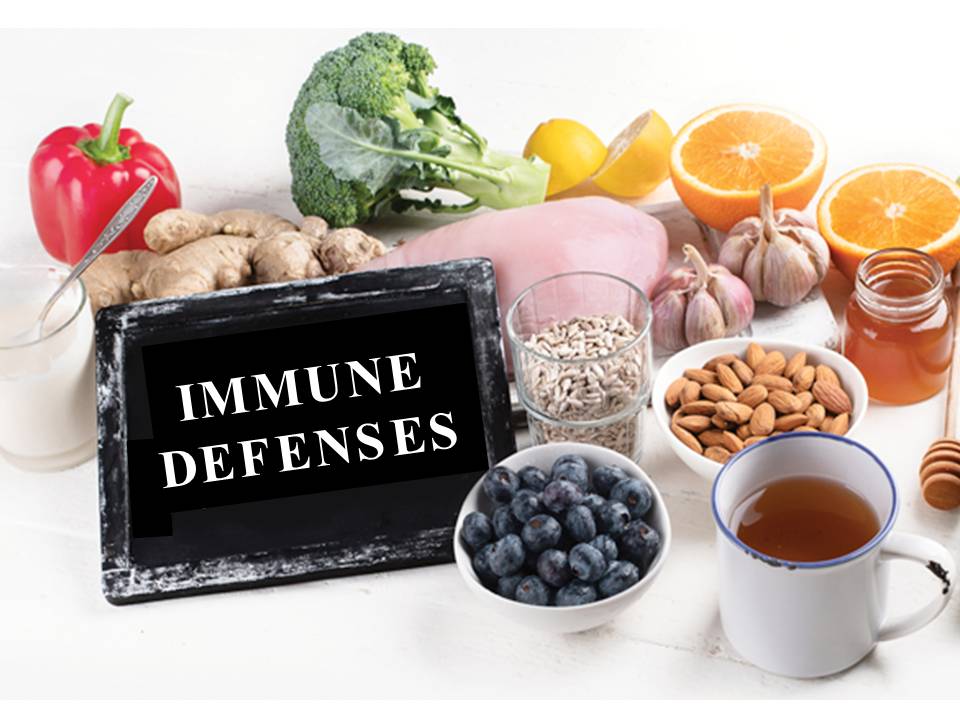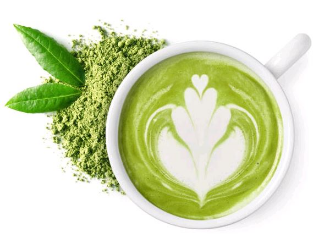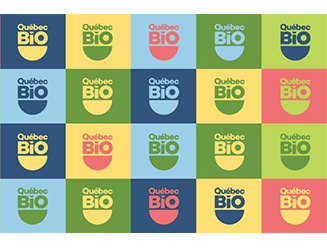It’s good to know that what we eat can help boost our immune system and fight infections better.
Without there being any direct evidence that fruits and vegetables would prevent colds or the flu, it is interesting to put them on the menu in large quantities, if only for their high content of antioxidants which s ‘oppose free radicals to strengthen the immune system.
Among the vegetables, mushrooms, especially shiitakes and oyster mushrooms, as well as garlic, onion and shallots should be more on the menu because they are said to stimulate the immune system and help fight infections.
In addition to fruits and vegetables, the proteins that are found in large quantities in the meat and substitutes group (meat, poultry, eggs, fish, seafood, nuts and legumes) make it possible to produce antibodies, molecules – keys to the immune system. They must be part of the menu in adequate quantities, ie 2 to 3 servings of meat and alternatives per day.
It is also important to make sure that you have a sufficient, but moderate, consumption of the “good fats” of omega-3, omega-6 and omega-9 fatty acids, because they are associated with better immune function. Fish, olive and canola oil, and nuts and seeds are great sources of healthy fats.
And don’t forget to meet your zinc needs. It is found in oysters, seafood, veal liver, chicken, wheat germ, pumpkin and sesame seeds, legumes, etc.
Some notions on immunity
The immune system can be divided into innate immunity and specific immunity. The first defense system is innate or natural or even non-specific immunity. This immunity comes from the protection provided by the skin and mucous membranes, gastric acidity or tears. Innate immunity also includes phagocytic cells, macrophages and neutrophils which are real crushers and scavengers in the body. These cells eat germs, kill them and digest them. Innate immunity also includes NK lymphocytes for Natural Killer. They destroy cells infected with viruses before they spread and give us disease.
If innate immunity has failed to destroy stubborn germs or viruses, it is specific or acquired immunity that kicks in. It is used to make very specific weapons against intruders. The good thing about specific immunity is that once the weapons are made, we are quickly able to fight off the intruder, if we come into contact with them again. It is the principle of the vaccine that introduces the intruder in low doses, so that the immune system produces the necessary weapons for a targeted attack.
Eat a balanced diet to boost your immunity
In Western countries, calorie deficits have given way to micronutrient deficiencies, due to the rapid increase in “junk food”. It is these precious vitamins and minerals that control our immunity. Animal studies have shown that a deficiency of only one of the following micronutrients interferes with immune function: selenium, iron, copper, calcium, folic acid, vitamin A, B6 and E2. It therefore appears essential to take care of your diet during the convalescence period by favoring fruits and vegetables, rich in antioxidants, and lean meats and fish, rich in proteins. These are the key constituents of molecules in the immune system: antibodies.
Taken from: https://www.passeportsante.net/fr/Communaute/Blogue/Fiche.aspx?doc=des-conseils-alimentaires-pour-stimuler-votre-systeme-immunitaire
What are the factors that weaken our immune system?
1. Overweight and obesity
Adipose tissue secretes specific cytokines called adipokines, some of which are pro-inflammatory and others anti-inflammatory. “However, in case of excess weight, the former will gain the upper hand over the latter, causing micro-inflammations which can, by becoming chronic, impair immunity.”
2. Unbalanced diabetes
“When left untreated and controlled, hyperglycemia lowers immune responses and, hence, exposes people to a greater susceptibility to infections, including influenza, urinary or fungal infections, or occasional pulmonary infections. bronchitis.
3. Hypertension
“Hypertension can cause a runaway of certain white blood cells involved in inflammation – hence the importance that the blood pressure is well controlled and, if you are under treatment, to continue taking it because, contrary to what has suggested at the start of the Covid-19 crisis, antihypertensive drugs in no way weaken immunity “.
4. Excessive salt consumption
A study published in April 2020 in the journal Science Translational Medicine indicates that consuming too much salt could weaken our immunity. This bad habit was already linked to an increase in high blood pressure. Study subjects who consumed an additional six grams of salt per day (the salt content of two fast food meals) showed pronounced immune deficiencies.
In fact, consuming fast food over the long term would also impact our immune system. The researchers therefore insist on the importance of following the WHO recommendations: 9 to 12 grams per day on average.
5. Stress
Some people find that during times of stress they are more susceptible to infections and that they last longer. Last March, Inserm researchers at the Marseille-Luminy Immunology Center published a study in mice which provides a possible explanation. “We have observed that stress hormones stimulate receptors on the surface of certain immune cells, preventing them from producing inflammatory chemicals needed to kill viruses.”
Taken from: https://www.santemagazine.fr/sante/dossiers/physiologie/quest-ce-qui-peut-affroitsir-notre-systeme-immunitaire-866998





